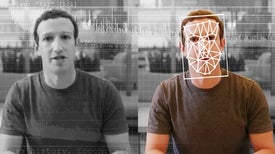
Are You Better Than a Machine at Spotting a Deepfake?
New research shows that detecting digital fakes generated by machine learning might be a job best done with humans still in the loop.

New research shows that detecting digital fakes generated by machine learning might be a job best done with humans still in the loop.

Viewers struggle to distinguish images of sophisticated machine-generated faces from actual humans
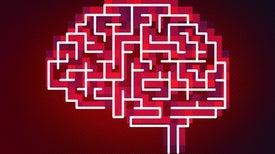
The neuromorphic computing device solved the puzzle by working like an animal brain would

The DarkNPS algorithm has predicted the formulas of millions of potential drugs
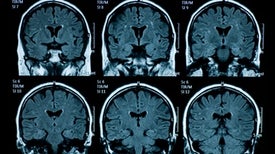
An open-source approach downsizes today’s clunking behemoths with permanent magnets and deep-learning algorithms

The virtual robots look weird, but they get the job done

When things go wrong, flexible moral intuitions cause us to judge computers more severely
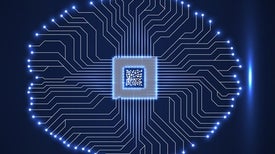
Machine-learning algorithms can guide humans toward new experiments and theories
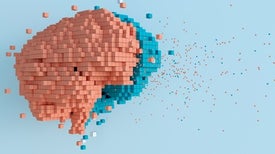
The most promising AI approach you’ve never heard of doesn’t need to go big
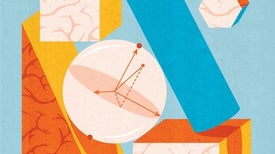
Originally built to speed up calculations, a machine-learning system is now making shocking progress at the frontiers of experimental quantum physics
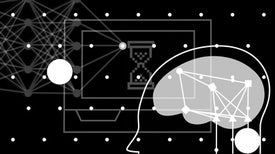
Deep learning, neural networks, imitation games—what does any of this have to do with teaching computers to “learn”?

Features designed to guard against sexual abuse carry the potential for unintended consequences

Melanie Mitchell says digital minds will never truly be like ours until they can make analogies
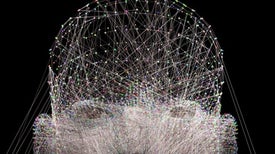
It’s unable to tell us why it came to a particular decision—and that’s crucial information

The algorithm hides sensitive information in a sea of decoys

Machine-learning algorithms can quickly process thousands of hours of natural soundscapes

Researchers are training algorithms to emulate trained dogs’ ability to detect cancer and other diseases, perhaps including COVID-19
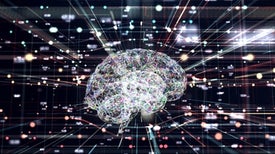
A new type of learning model uses far less data than conventional AIs, allowing researchers with limited resources to contribute

Replication problems plague the field of AI, and the goal of general intelligence remains as elusive as ever
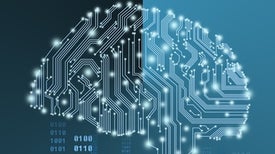
We need more diverse data to avoid perpetuating inequality in medicine
Support science journalism.

Thanks for reading Scientific American. Knowledge awaits.
Already a subscriber? Sign in.
Thanks for reading Scientific American. Create your free account or Sign in to continue.
Create Account